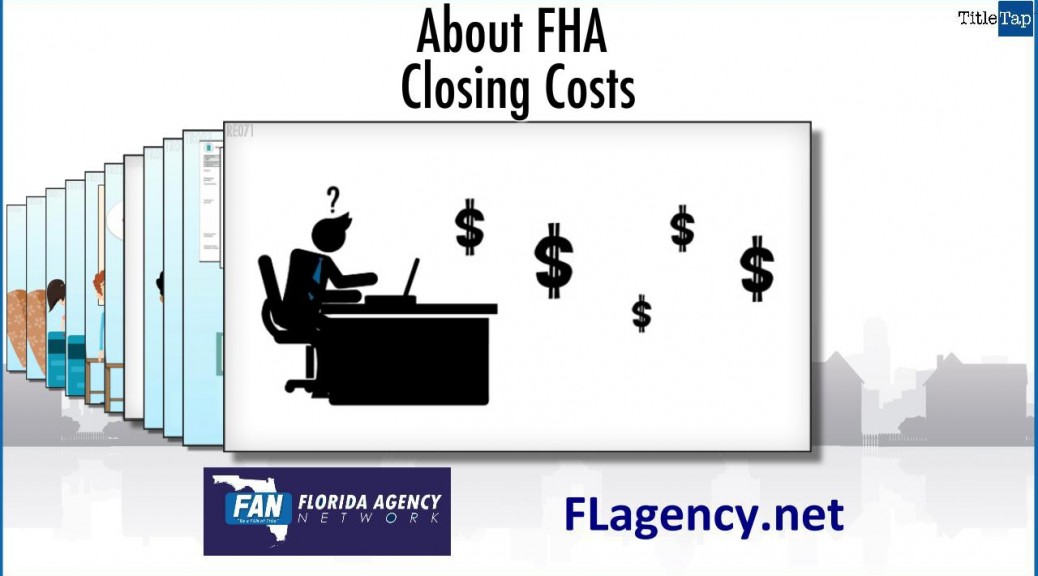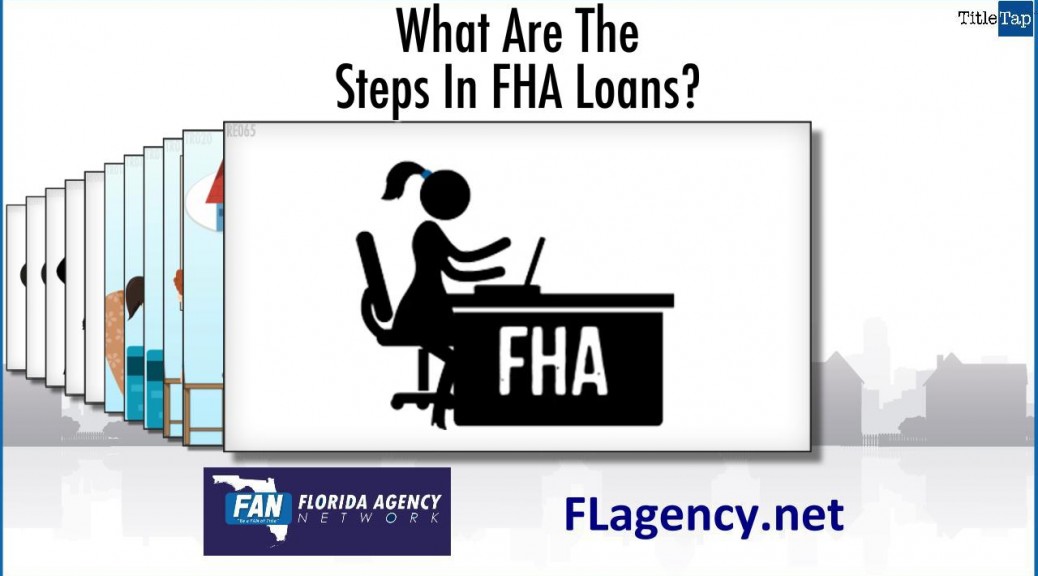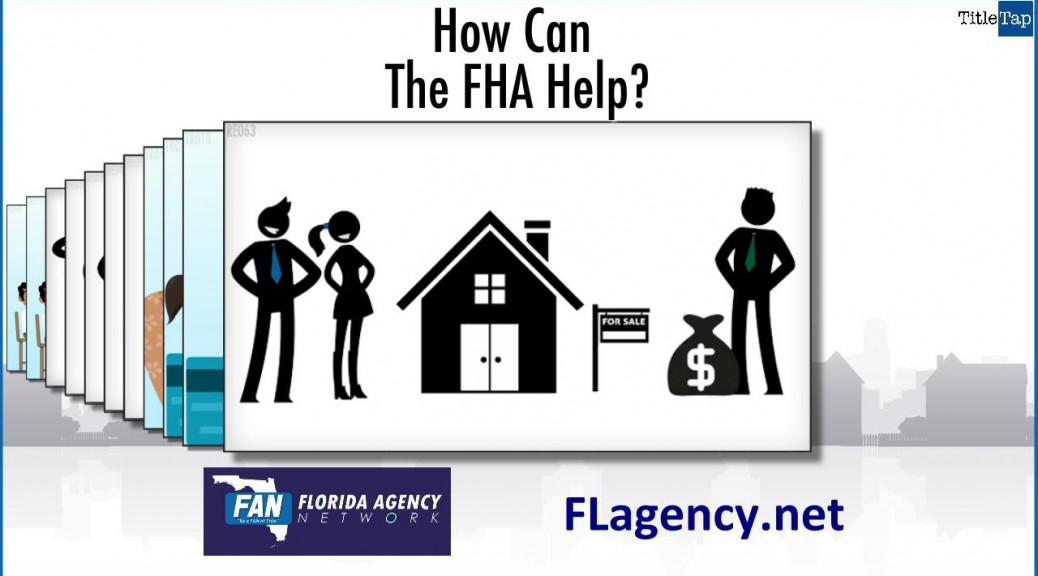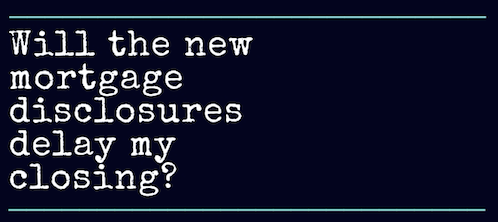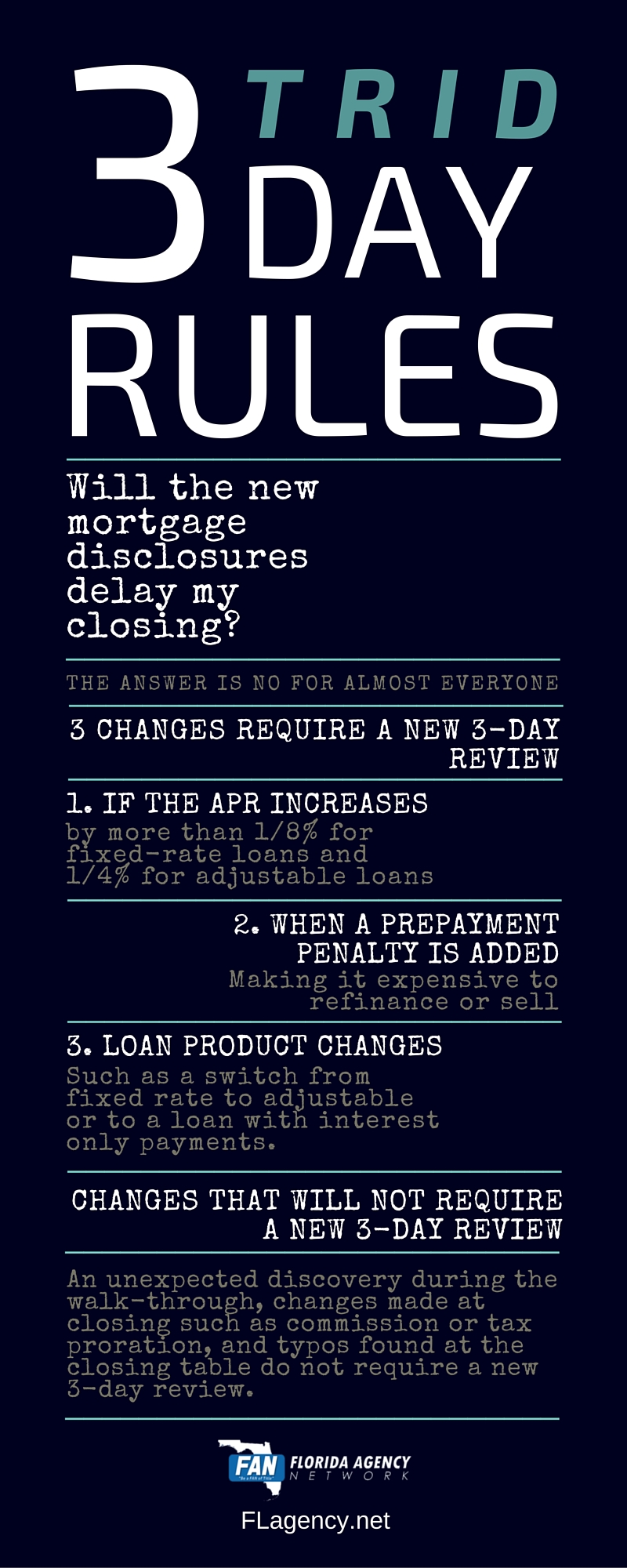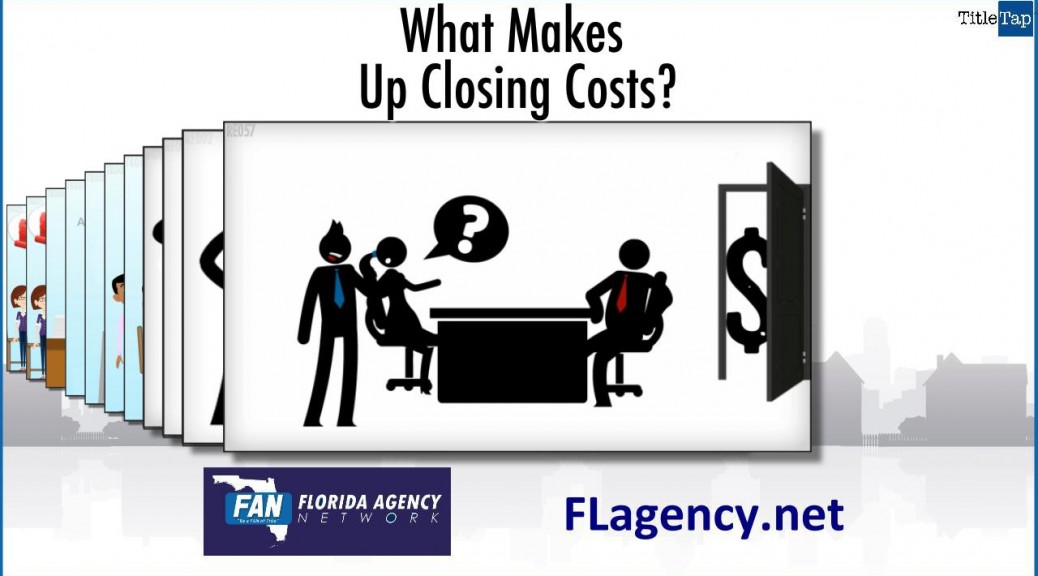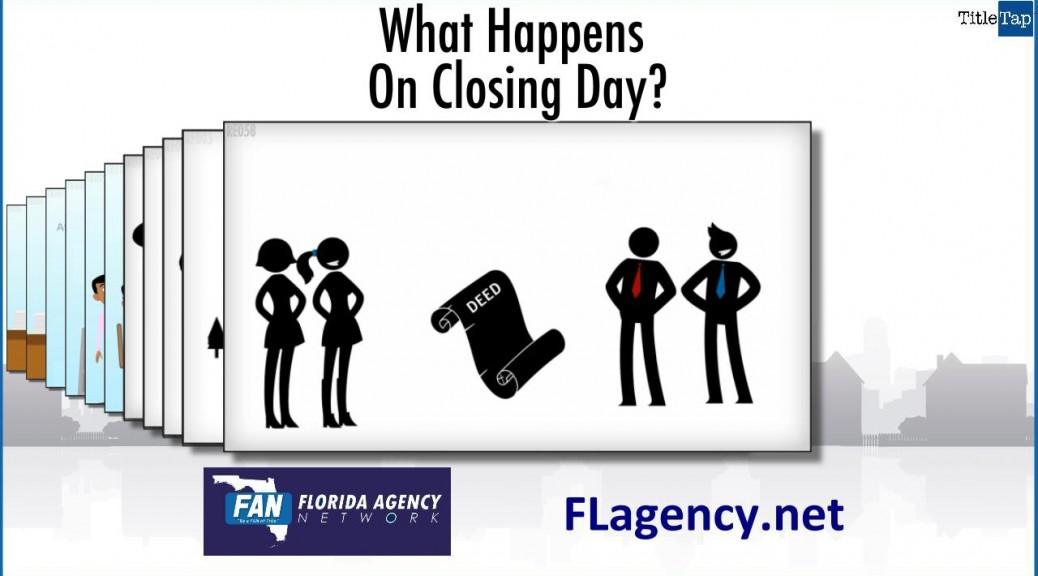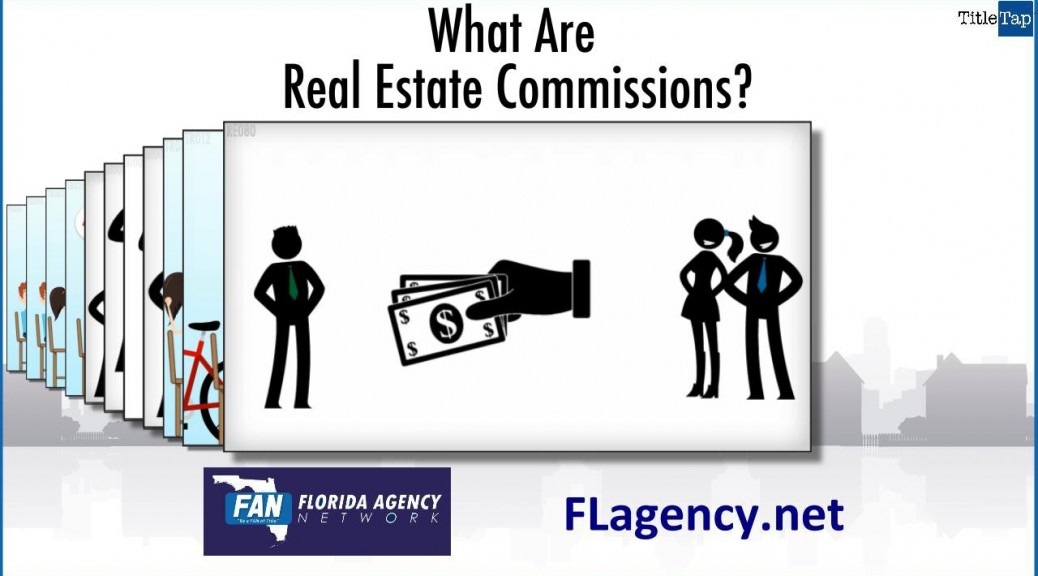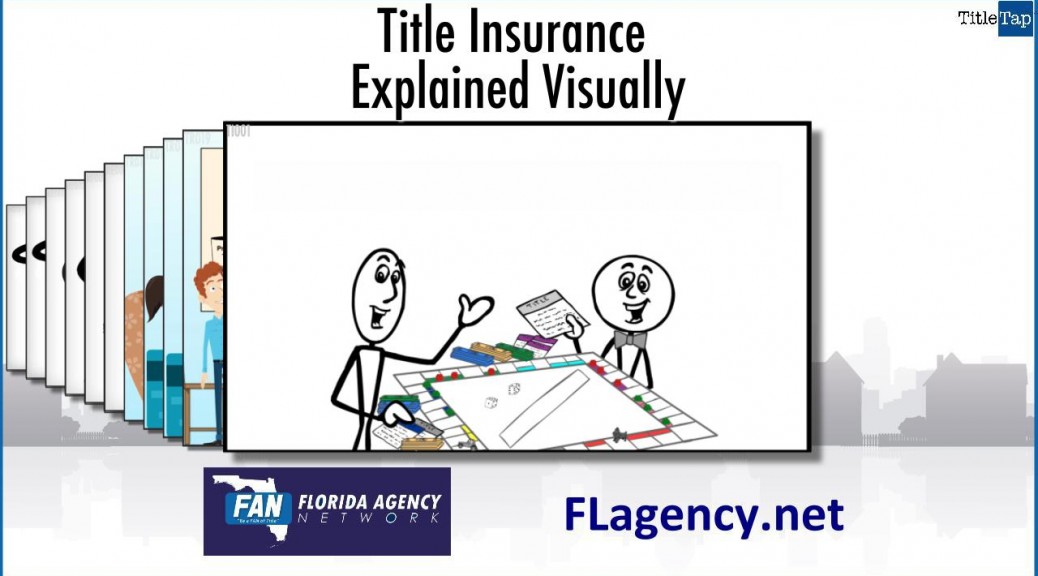http://fwd5.wistia.com/medias/hrgzfpz8s4?embedType=iframe&videoFoam=true&videoWidth=640
What is title insurance and why should any buyer get it when purchasing a home (single family, townhouse, condo, apartment, or whatever format your home purchase takes)? Doesn’t the attorney or settlement company handling the closing see to it that you have a clear title? Isn’t this just another way for someone to siphon a few coins off a real estate transaction?
Title insurance prevents the property owner from suffering financial loss if, at any time during his ownership of the property, someone comes along who can show that they have full, or partial, ownership of the property instead.
A careful title search is done at the time property changes hands. On rare occasions mistakes are made anyway. Property can change hands in a number of ways including by deed, by will and by court action. Typically, these proceedings are recorded in different places. Searching the history of ownership to be sure nothing has fallen through the cracks is a tedious job that requires alertness, intelligence, and skill.
It is very likely that the value of your property will go up over the years. As time passes, these elements are likely to result in your home equity’s being your largest asset. Just how devastating would it be if you eventually discovered that someone else owned what you’d always thought was your home?
Do yourself a favor. When you buy a home, buy title insurance. And watch the video to understand the essentials.

